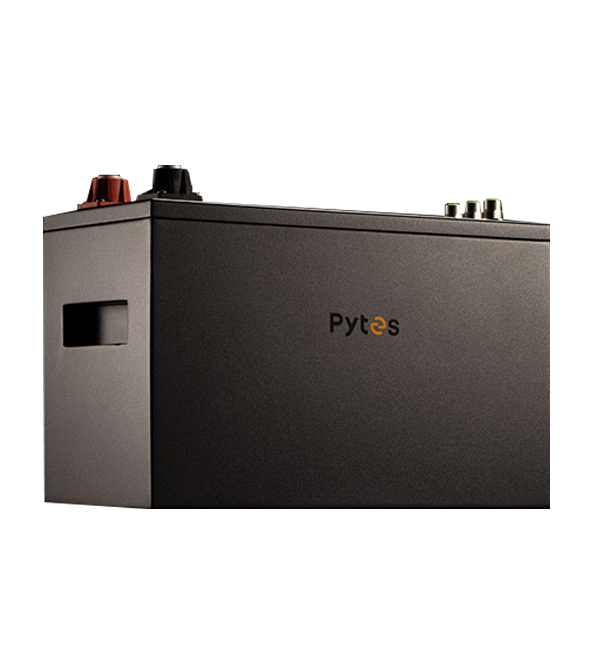
Pytes' E-Box-12100 stands out as a leading solution for off-grid living, providing reliable and sustainable power to the ever-growing community of RV enthusiasts. This article delves into how the E-Box-12100 RV battery enhances the camping experience, supports daily living needs, and caters to the varying demands of different RV models.

1. Daily Life Support:
The E-Box-12100 camper lithium battery is designed to meet the power needs of RV living, ensuring that all essential systems run smoothly. From lighting to air conditioning, and from entertainment systems to communication devices, this lithium battery provides the necessary power without the need for a constant connection to the grid.
2. Cooking and Appliances:
In an RV, the ability to cook and use household appliances is paramount. The E-Box-12100 offers a consistent power supply for microwaves, refrigerators, and other cooking appliances, allowing for a comfortable and convenient living experience on the road.
3. Entertainment Systems:
For many RVers, entertainment is a key aspect of their journey. The E-Box-12100 camper battery powers TVs, sound systems, and gaming consoles, ensuring that leisure time is as enjoyable as possible.
1. High Energy Density:
The E-Box-12100 boasts a high energy density, which means it can store a large amount of power in a compact form factor, making it ideal for space-constrained RV environments.
2. Long Cycle Life:
Lithium batteries, including the E-Box-12100, are known for their long cycle life, which translates to fewer replacements and lower long-term costs.
3. Low Self-Discharge Rate:
A low self-discharge rate ensures that the E-Box-12100 holds its charge for extended periods, even when not in use, which is perfect for the intermittent use patterns of RVs.
1. Built-in Safety Features:
The E-Box-12100 comes with multiple safety features such as overcharge protection, over-discharge protection, and short-circuit protection, ensuring the safety of both the users and the vehicle.
2. Environmental Impact:
Lithium batteries are more environmentally friendly compared to traditional lead-acid batteries, with a smaller ecological footprint and the potential for recycling at the end of their life cycle.